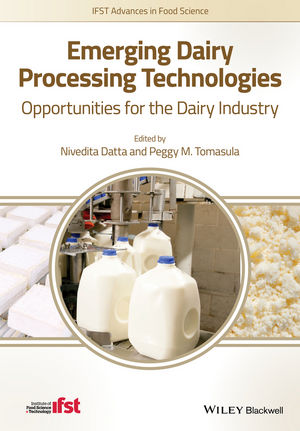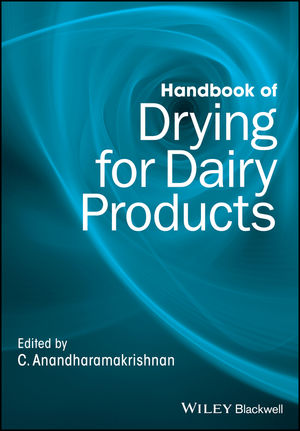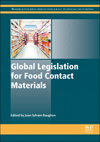Limits Set for Producer-Handler Exemptions
In a final ruling in December, USDA modified the exemption for milk producer-handlers in the Pacific Northwest and Arizona-Las Vegas Milk Marketing Orders. Under the old rules, dairy farmers who process milk from their own farms and market the products themselves were exempt from Federal Milk Marketing Order pricing and pooling requirements. As the number and size of producer-handler operations grew, other producers and processors cried foul. In its ruling, USDA has set a three million lb per month limitation on producer handlers. The decision will not be implemented unless it is approved in a producer referendum in each of the two affected marketing order areas.
"We hope there will be a quick resolution, since there needs to be equitable treatment of all dairy producers and processors within federal orders," said Chip Kunde, Sr. V.P. at IDFA.
Dairy industry representatives in Washington are closely watching the new round of WTO talks in Hong Kong, which face tough agricultural subsidy issues. In a letter to President Bush, 46 industry leaders urged the Administration to keep up the pressure for reform. Negotiators are considering a package of controversial proposals to eliminate export subsidies and significantly reduce tariffs. The proposals are encountering stiff opposition in several countries, especially in Europe.
Manufacturers are voicing support for legislation introduced in the U.S. Senate to make some OSHA safety initiatives voluntary, rather than enforceable, for small factories. The package of legislation, the Occupational Safety Partnership Act (S. 2065), the Occupational Safety Fairness Act (S. 2066), and the HazCom Simplification and Modernization Act (S.2067), is sponsored by Sen. Mike Enzi (R-WY), who is chairman of the Senate Health, Education, Labor and Pensions Committee. Among other things, the measures would provide for the restoration of attorney's fees by small businesses which pursue successful legal claims against the government in OSHA claims. It would also give OSHA inspectors the leeway to waive penalties for non-serious violations if they are promptly corrected. The National Association of Manufacturers has strongly endorsed the proposals.
Looking for a reprint of this article?
From high-res PDFs to custom plaques, order your copy today!






